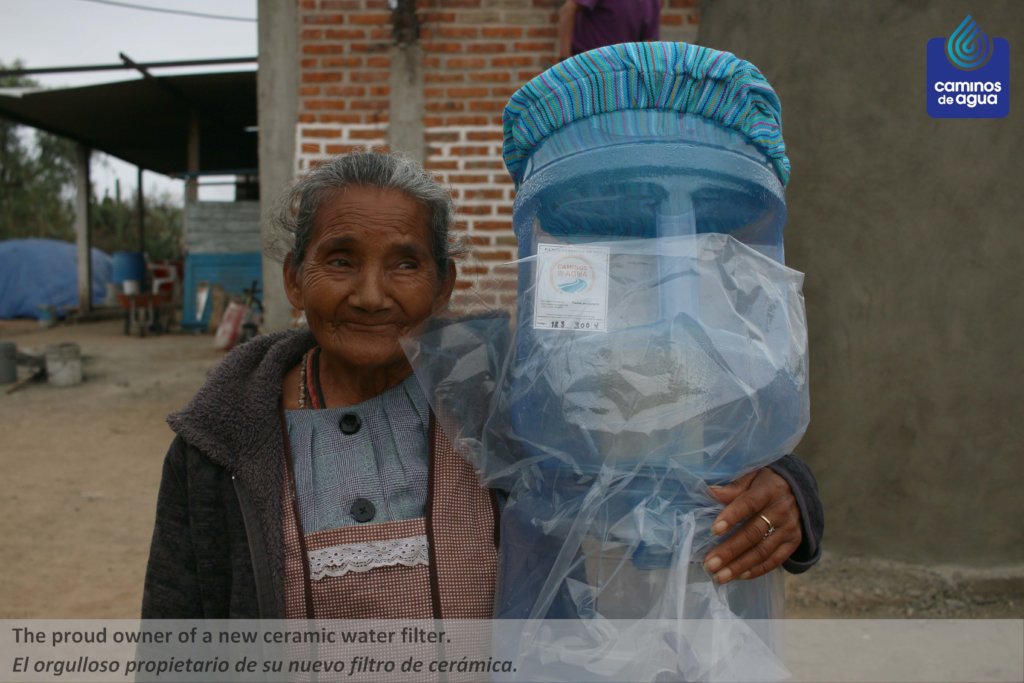
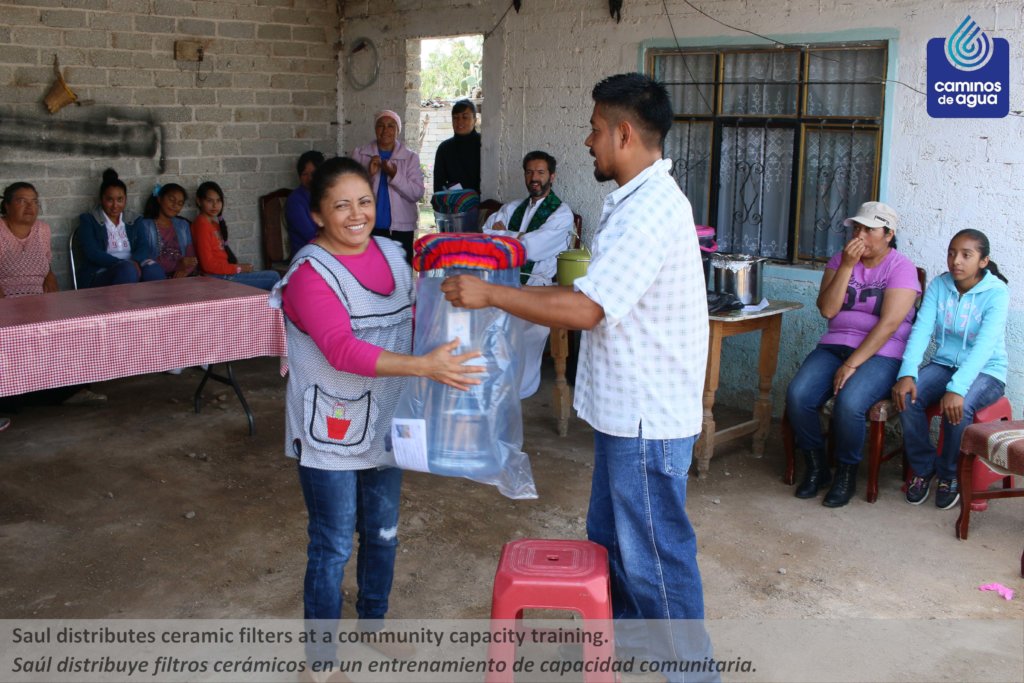
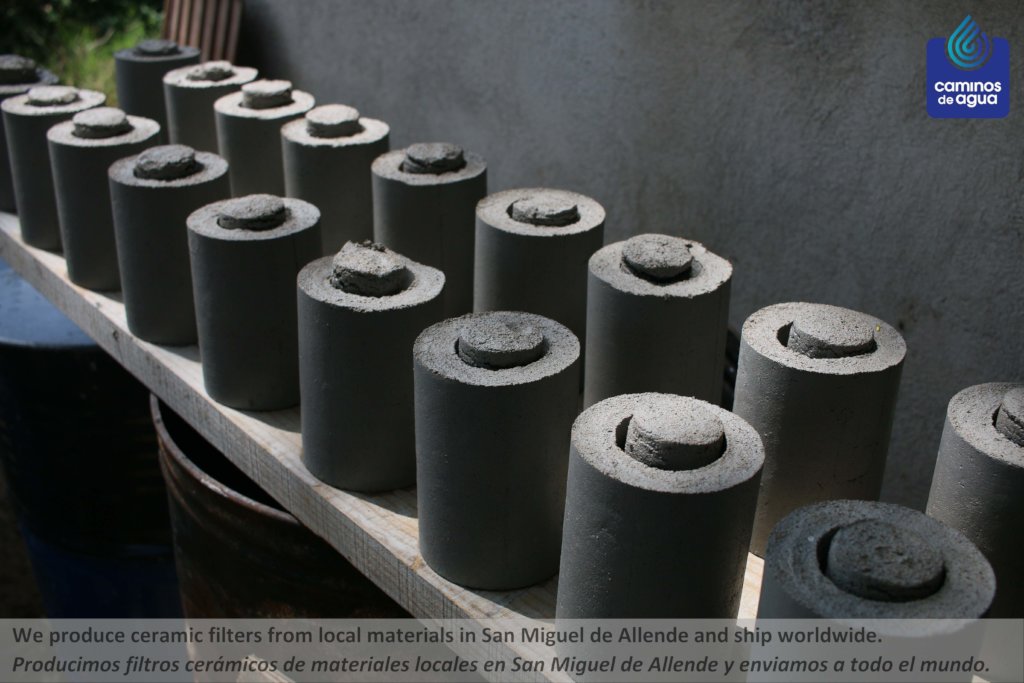
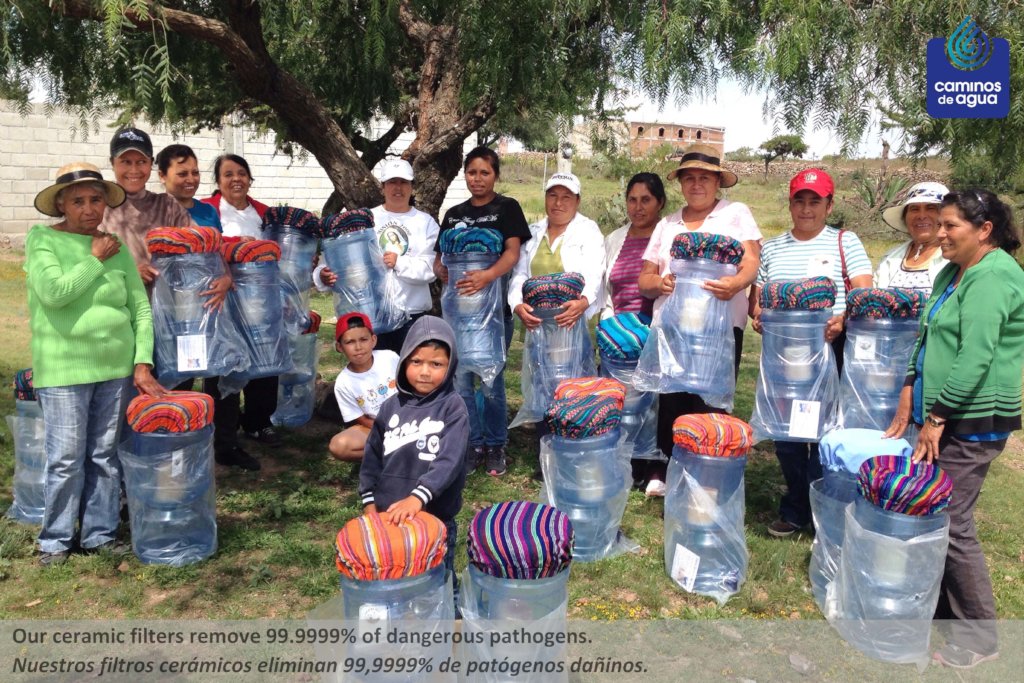
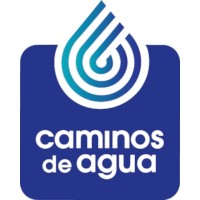
Mission CATIS-Mexico works in partnership with economically-limited communities to build solid economies that achieve ecological stewardship, economic development and social equity. Built on a central research and training institute, CATIS-Mexico can improve the lives of marginalized rural communities by providing training and ongoing technical assistance in support of community driven use and development of sustainable building, agriculture and other appropriate technologies. CATIS-Mexico provides a continually expanding scope of sustainable development to the region and also provides opportunities for the international community to participate and learn from these experiences. Background ... read more Mission CATIS-Mexico works in partnership with economically-limited communities to build solid economies that achieve ecological stewardship, economic development and social equity. Built on a central research and training institute, CATIS-Mexico can improve the lives of marginalized rural communities by providing training and ongoing technical assistance in support of community driven use and development of sustainable building, agriculture and other appropriate technologies. CATIS-Mexico provides a continually expanding scope of sustainable development to the region and also provides opportunities for the international community to participate and learn from these experiences. Background and Vision Worldwide, rural communities - particularly indigenous and peasant communities of the global south - are disintegrating at an alarming pace. Collapsing ecosystems, eroding cultural and social support systems, displacement of local economies, lack of government services and support, and rising violence are forcing historic numbers of rural peoples to abandon their homes and livelihoods for the slums and shantytowns of urban centers. Despite this mass migration, roughly three quarters of the world's poorest families - those earning less than US$2 a day - continue to live in rural areas. This accounts for nearly 3 billion people - 800 million of whom earn less than US$1 a day and survive on farms of usually 1 acre or less. Unprecedented disintegration of rural communities and rural to urban migration are both direct results and drivers of poverty, hunger, health crisis, and violence that threaten our world. Furthermore, rural to urban migration has had drastic and dramatic effects on environmental health and, consequently, the sustainability of our planet. Hope for a sustainable and peaceful future depends upon the economic and ecologic health of rural communities. To address the challenges facing low-income families and communities, rural and urban alike, CATIS-Mexico, a nonprofit organization, and the first of potentially numerous Centers for Appropriate Technology and Indigenous Sustainability (CATIS) around the globe, formed around a new development ideal. Centered around a research a development institute, CATIS-Mexico is located on 23 acres of land just outside of San Miguel de Allende, Mexico. However, unlike similar models, CATIS-Mexico continues to look outward - expanding impact, knowledge, research, and development to local, regional, and even international scales. The CATIS-Mexico Institute is simply the core of a wider physical system of satellite organizations, universities, and communities that form a network - offering real, affordable, and appropriate solutions and technologies to economically-limited communities throughout Mexico and the global south while simultaneously building training and educational opportunities, as well as opening dialogue, to a wider global audience. CATIS-Mexico believes that the 'benefits' of living in an urban megaslum cannot compensate for the loss of dignity and cultural identity in rural communities or the well-documented environmental impacts of rural to urban migration. We believe that the transformation of rural economies and resurgence of ecologically healthy rural communities are major contributing factors to rural - and consequently global - sustainability.



Each of GlobalGiving’s nonprofit partners is required to send quarterly donor reports detailing the impact of their work. Here are some of their recent updates:
By Dylan Terrell | Executive Director
Dear GlobalGiving Supporters, With our first update of the new year, we are thrilled to share with you our single most significant accomplishment to date: the successful conclusion of our... Read the full report ›By Dylan Terrell | Executive Director
Dear GlobalGiving Supporters, We are pleased that the projects we launched during our last report in May are well underway and two have been completed! One important project was... Read the full report ›By Dylan Terrell | Executive Director
Dear GlobalGiving Supporters, With the rainy season upon us, we are happy to report that we are working hard to install rainwater harvesting systems in various communities, and with numerous... Read the full report ›